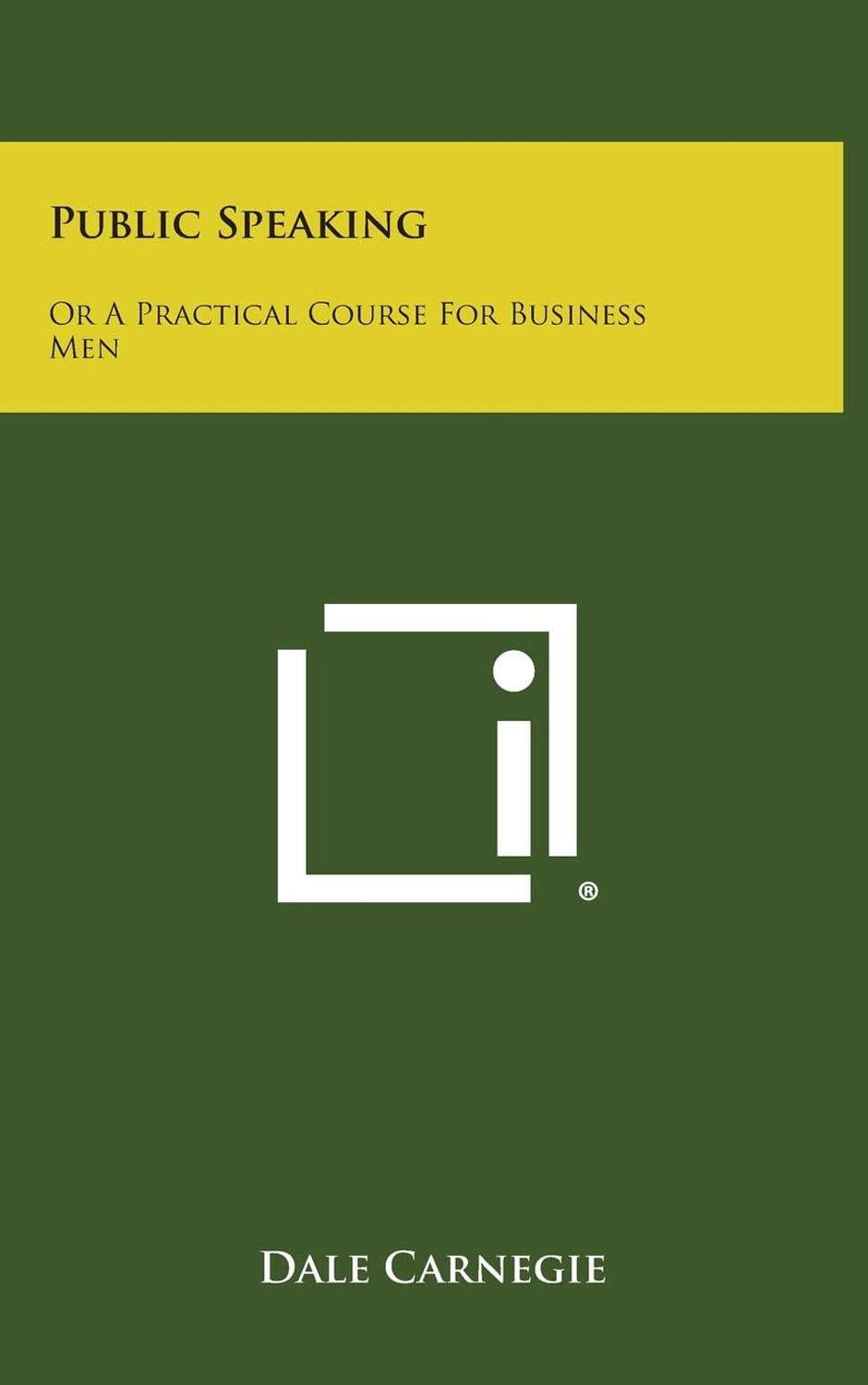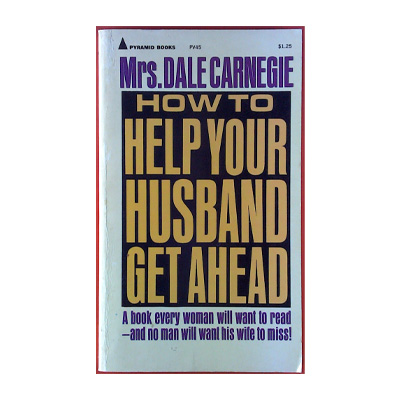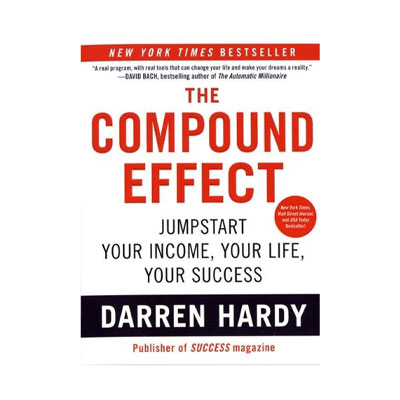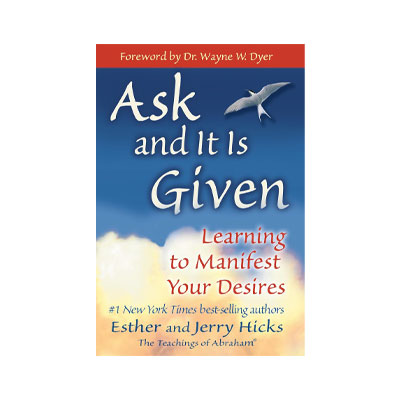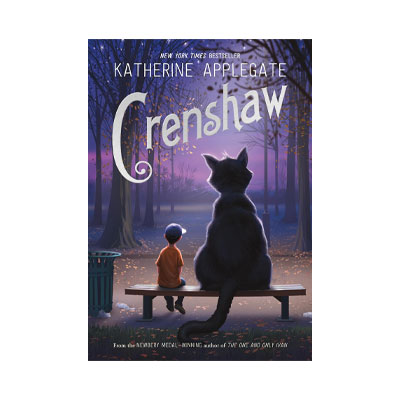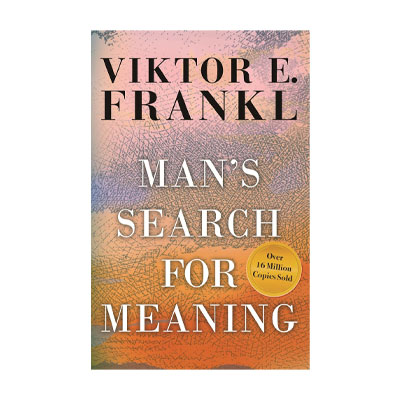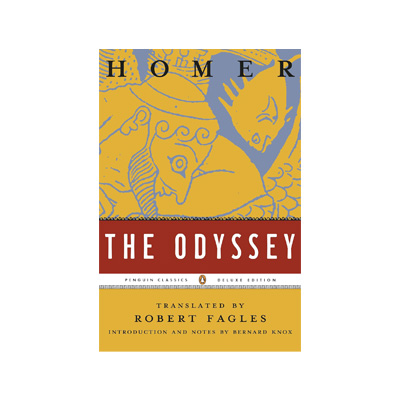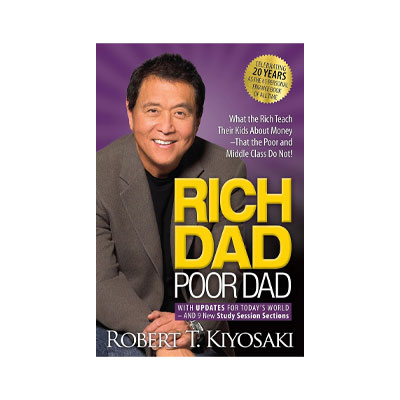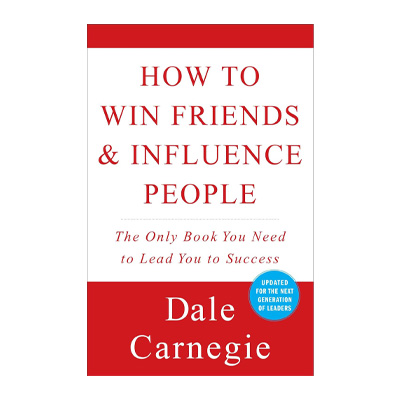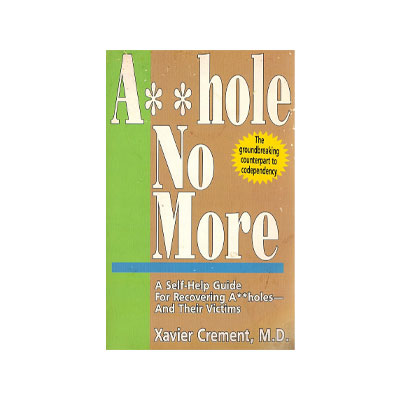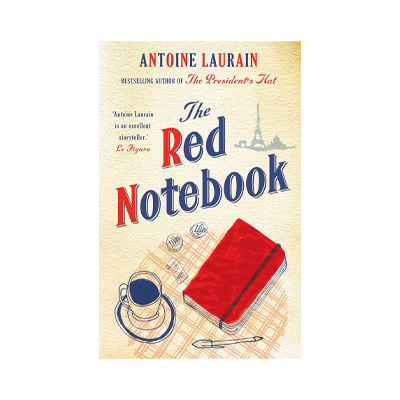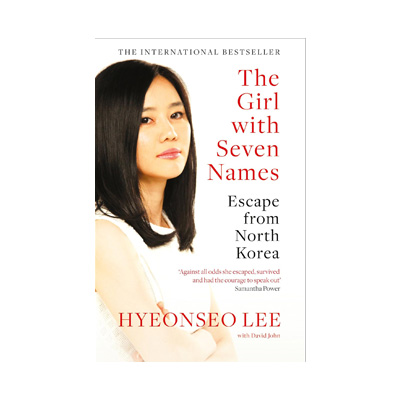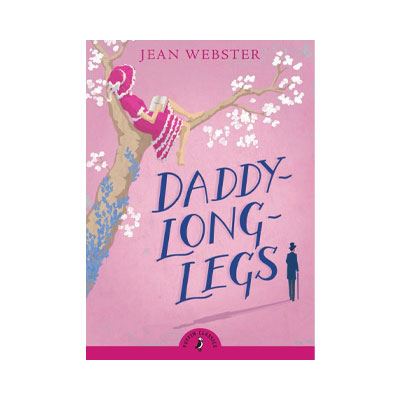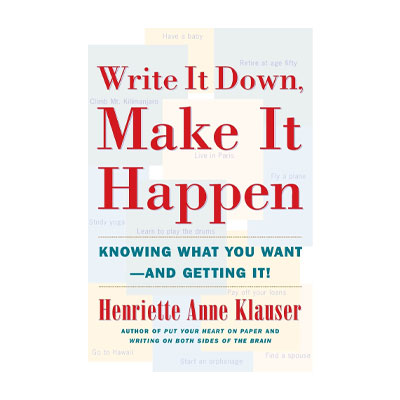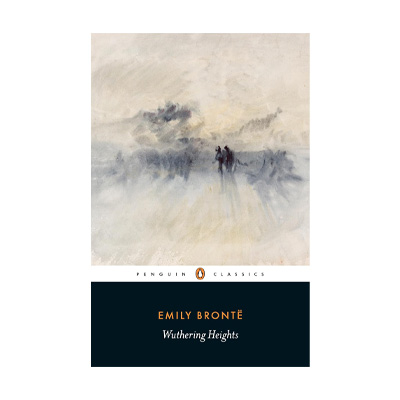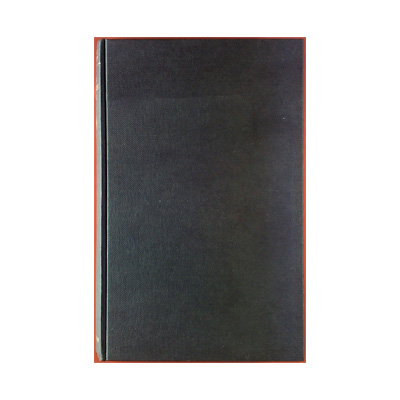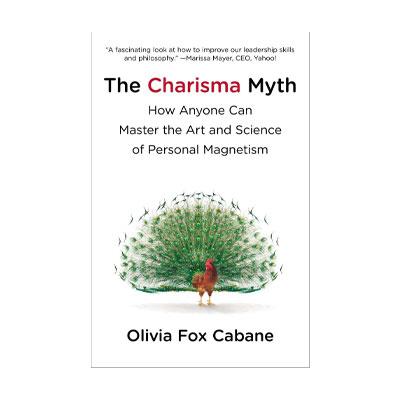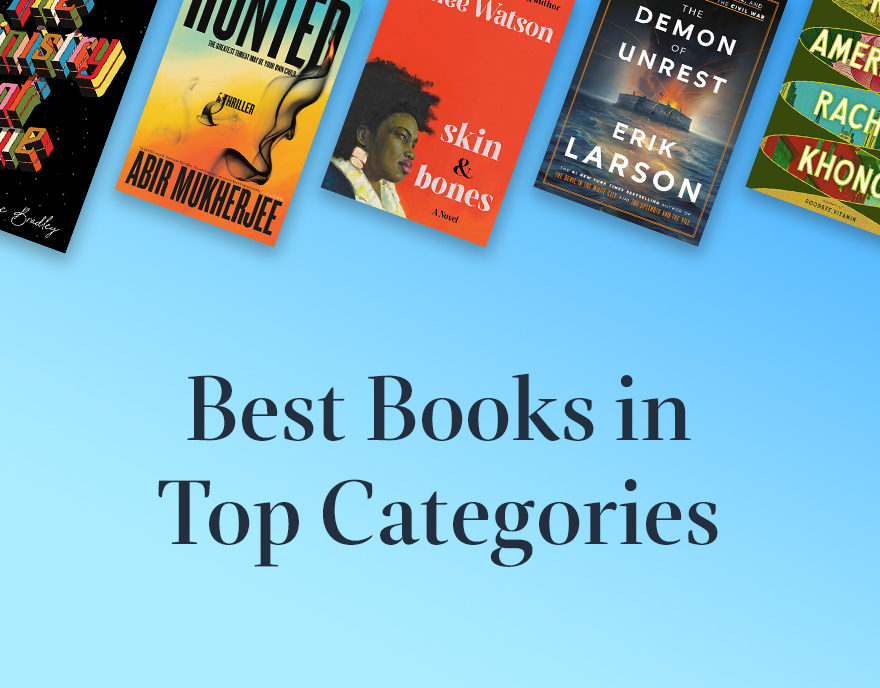Book Summary
In 1926, Dale Carnegie published his first work titled "Public Speaking: a Practical Course for Business Men." This bestselling book provides a comprehensive guide to the rules of speaking in front of an audience. " Public Speaking: a Practical Course for Business Men" offers strategies that help overcome fear and rebuild lost confidence. Speaking and fostering close relationships with others is considered essential for growth today, especially in modern and advanced countries.
Therefore, verbal skills can significantly aid anyone looking to succeed in various fields through participation in different gatherings. The book has been translated into more than 20 languages worldwide, and its readership continues to grow daily. The methods presented in this work not only enhance individuals' public speaking abilities but also help them recognize their hidden talents and transform them into realized traits, resulting in remarkable achievements in their lives.
One undeniable truth is that establishing communication with diverse individuals across different times, places, and social standings is crucial for achieving the best results in these groups. The key to successful interactions lies in speaking comfortably, effectively, and with openness. Carnegie, as a prominent authority in this field, has prepared guidelines that have been available to audiences eager for self-improvement for many years. Studying and applying his strategies invariably leads to astonishing results.
About the Author
Dale Harbison Carnegie was an American author and speaker born on November 24, 1888, in Maryville, Missouri. After completing his primary education, he ventured into sales and theater acting before finishing his college education at Warrensburg State Teachers College. Carnegie, who also worked in marketing for a time, dedicated himself to teaching and writing at the age of 23. He had a history of serving in World War I and published his first book at the age of 38. During his career, he left behind works such as "Five Minute Biographies," "How to Win Friends and Influence People," and "The Art of Public Speaking." He passed away at the age of 66 in New York.
Who Should Read the Book?
This book is particularly beneficial for individuals who want to overcome their mental and internal fears and increase their confidence in various matters, especially when speaking in front of groups or engaging with others.
Table of Contents
Dale Carnegie has organized “Public Speaking: a Practical Course for Business Men" into 11 chapters.
